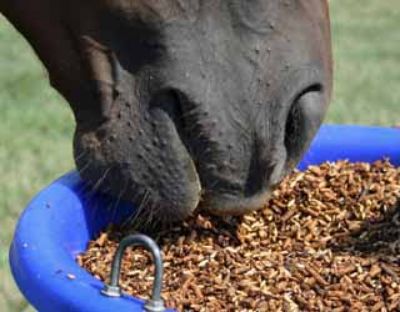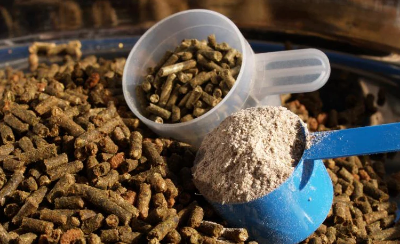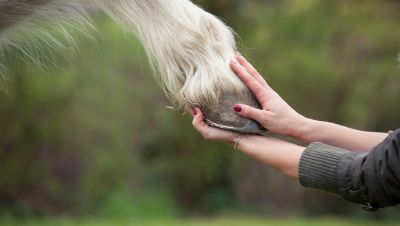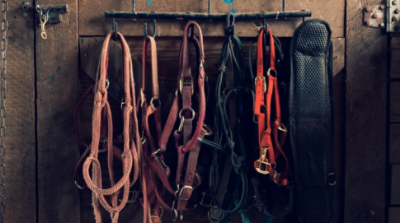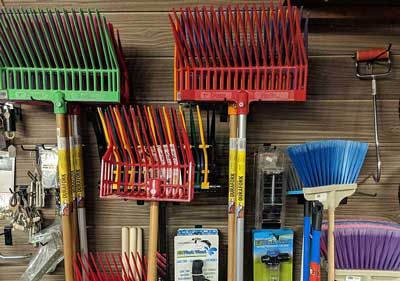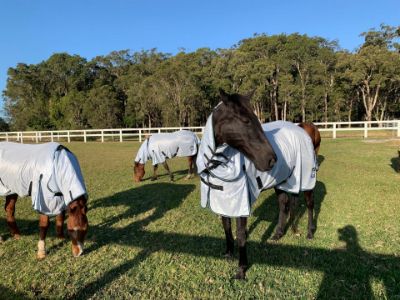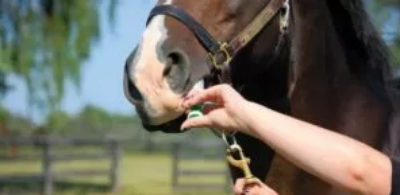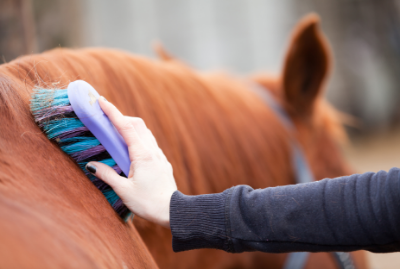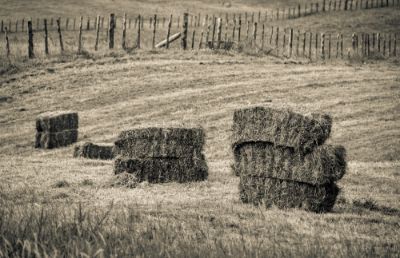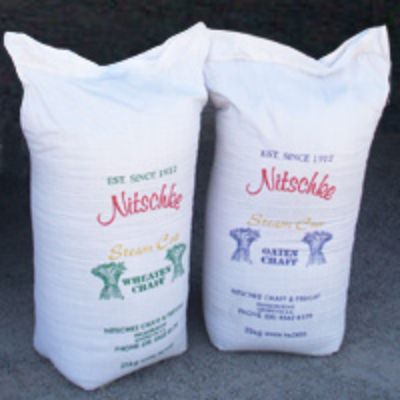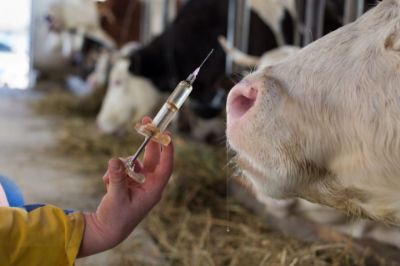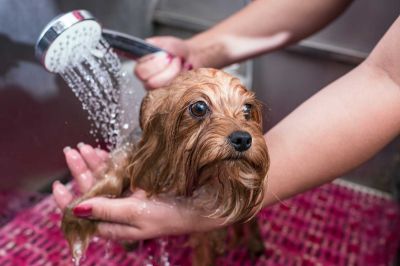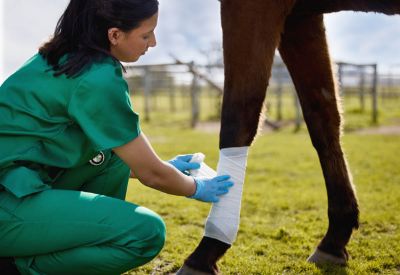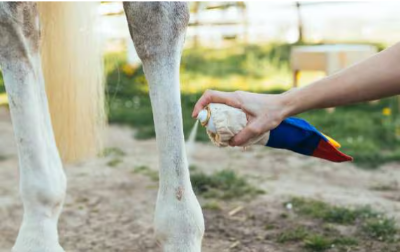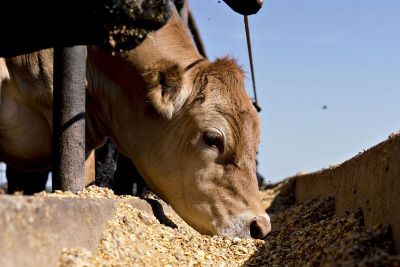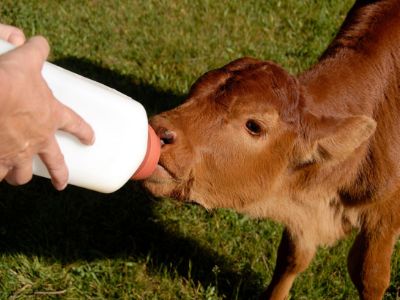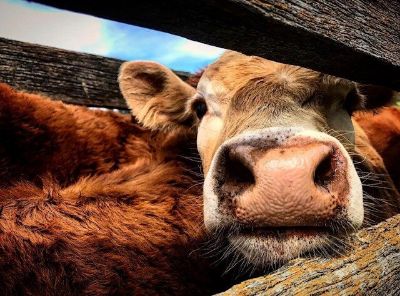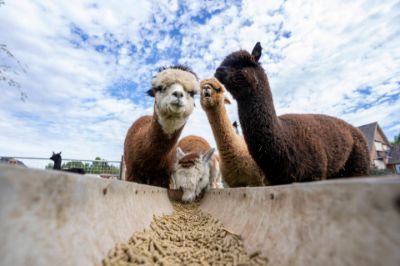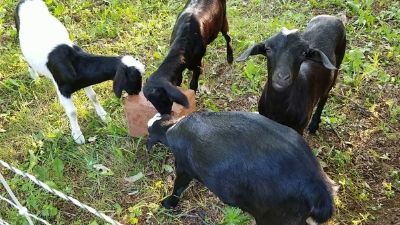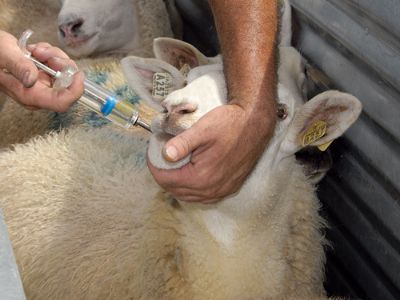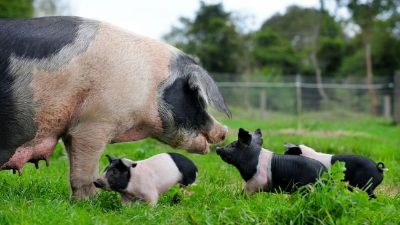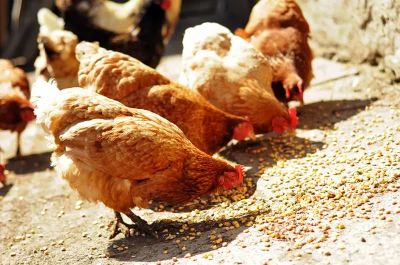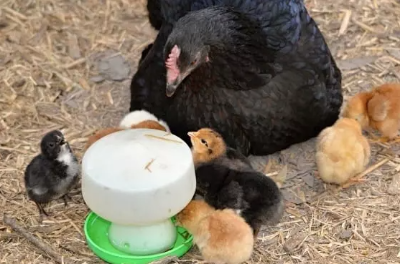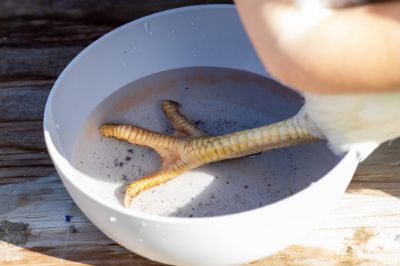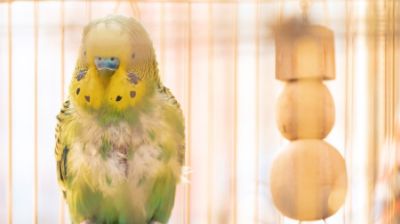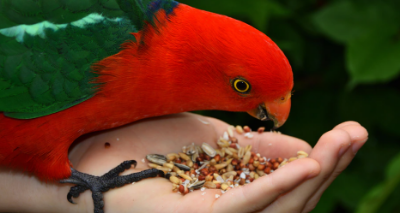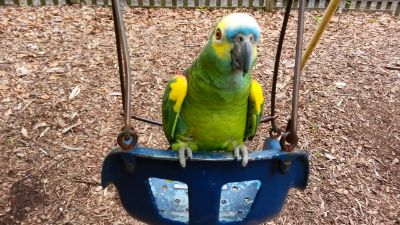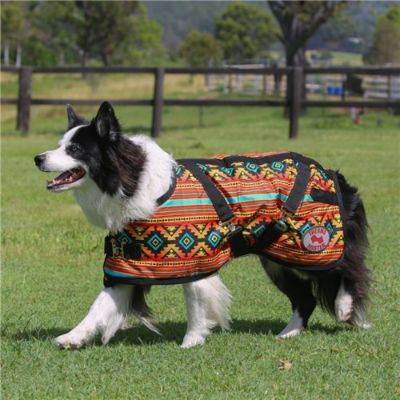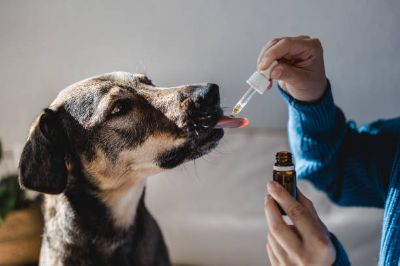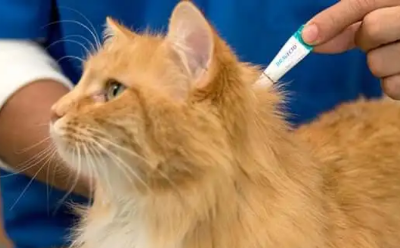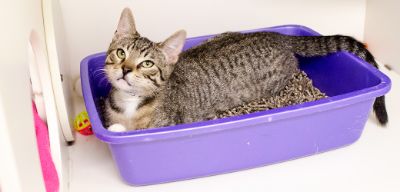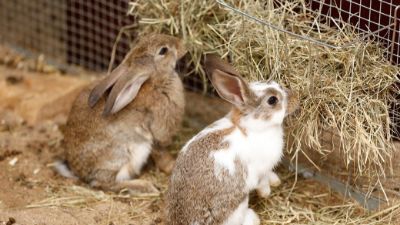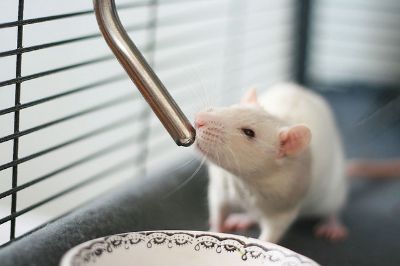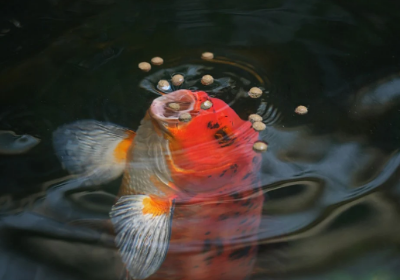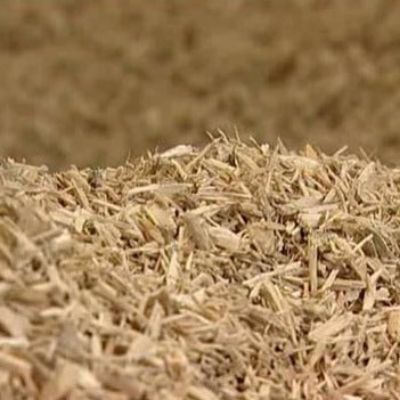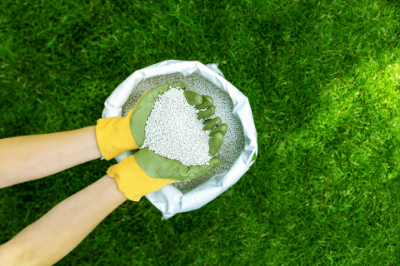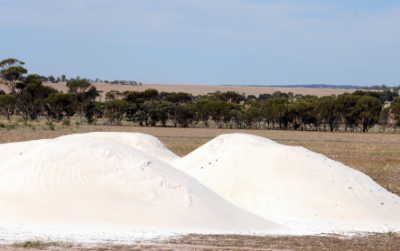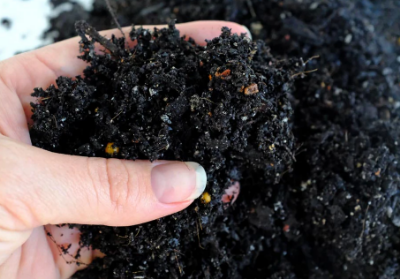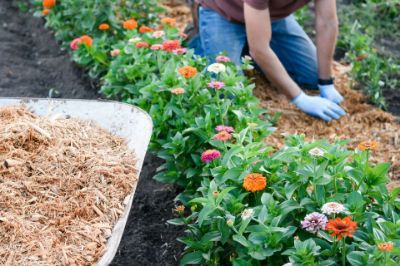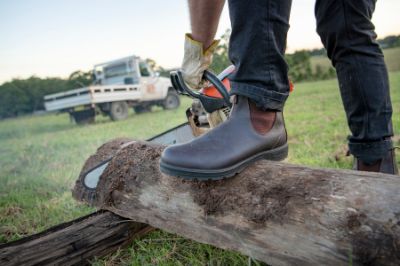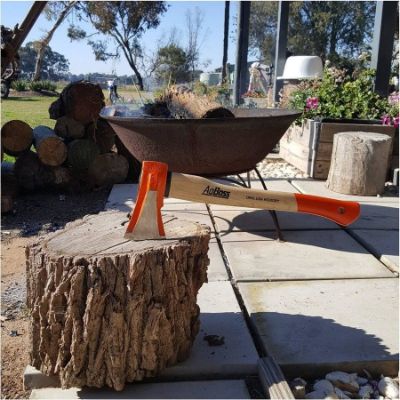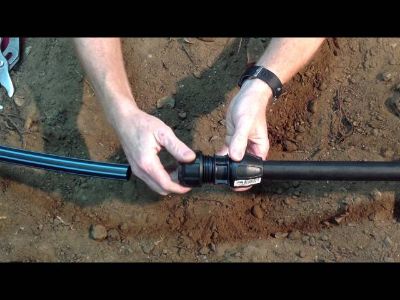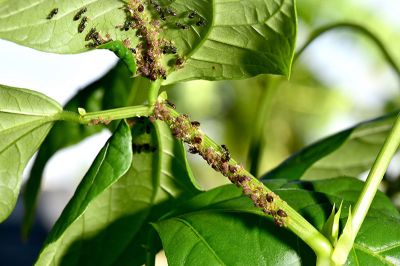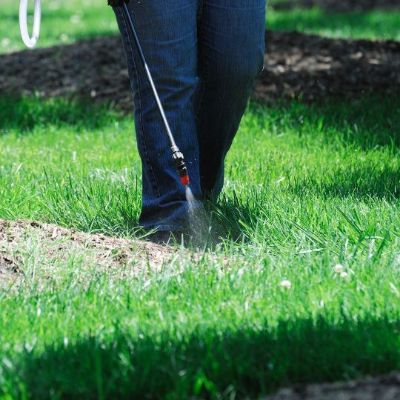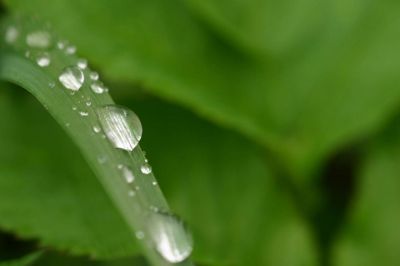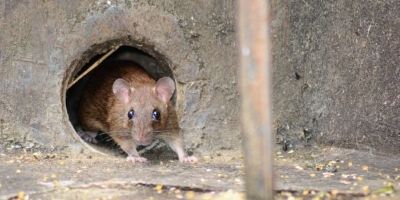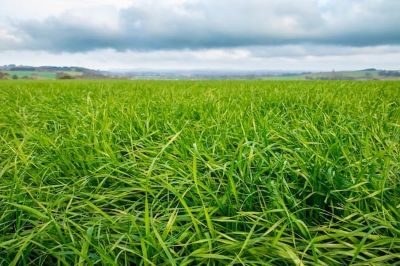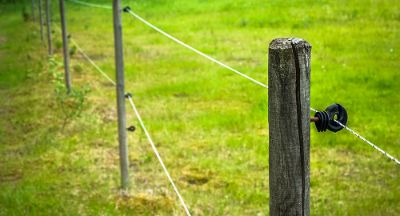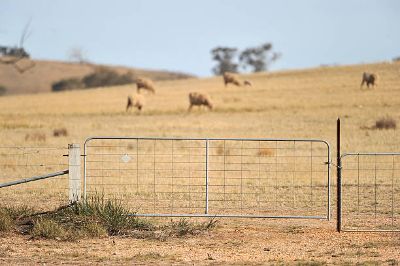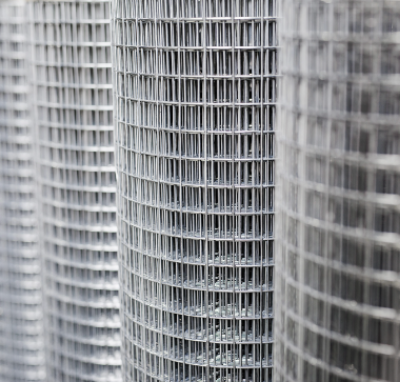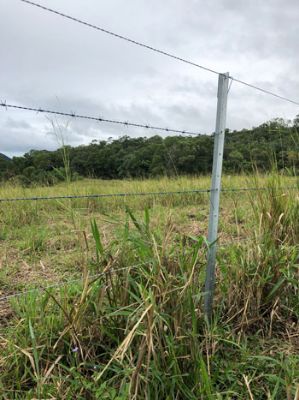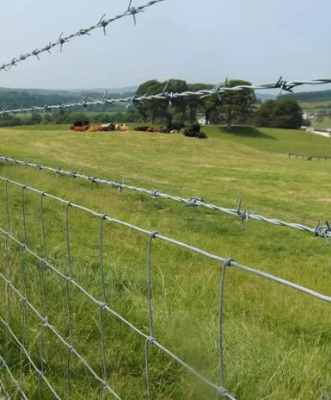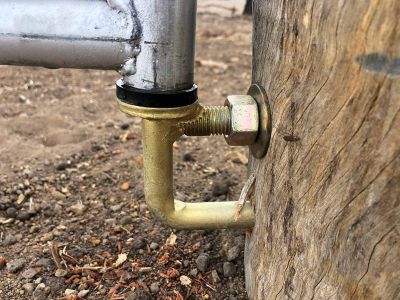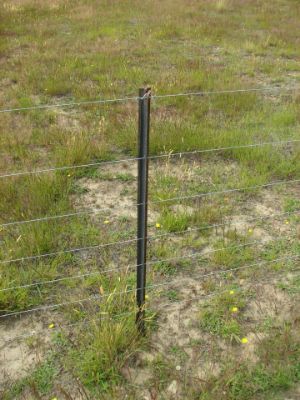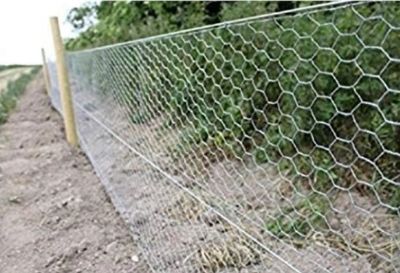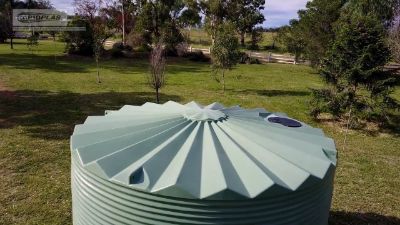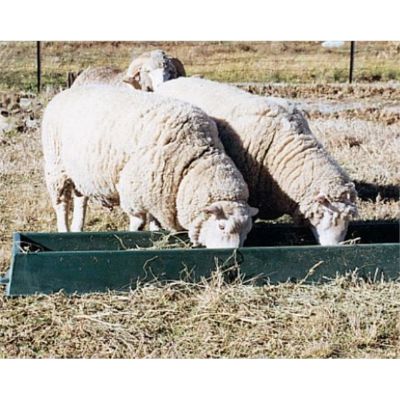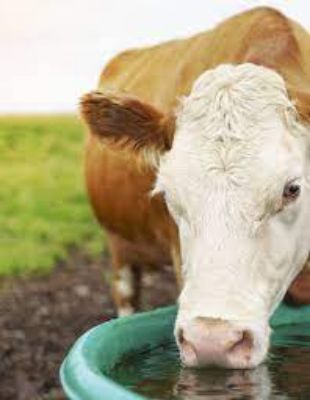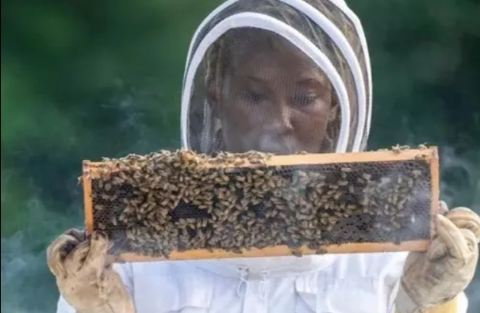
For many years I have wanted to keep bees. Having worked in research with honeybees, they quickly became my favourite animal due to their unexpected intelligence. This, along with the allure of producing our own honey, and contributing to the survival of this important pollinator was an exciting prospect.
So, when our neighbour - an experienced apiarist - presented the opportunity to invest in a beehive, we jumped at the chance.
Diving headfirst into the world of beekeeping, however, is one way to realise just how complex the process is; a process that may overwhelm those who, understandably, falsely assume that beekeeping is just a matter of purchasing a hive and waiting for the honey to flow.
In an effort to help others better prepare themselves for their beekeeping journey, I've outlined several key areas where one can start laying the groundwork before embarking on this fulfilling venture.
With a little bit of research and preparation before diving in, beekeeping can be an extremely rewarding and exciting endeavor!
Why do you want to keep bees?
One of the most important things you can do before getting into beekeeping is to assess what your motivations are. This will help you to decide what species of bees you would like to work with, what type of hive to purchase, and where to set it up.
Keep in mind that only 30 per cent of beekeepers successfully make it through the first two years, so it is vital that your motivation and commitment are genuine before embarking on your beekeeping journey.
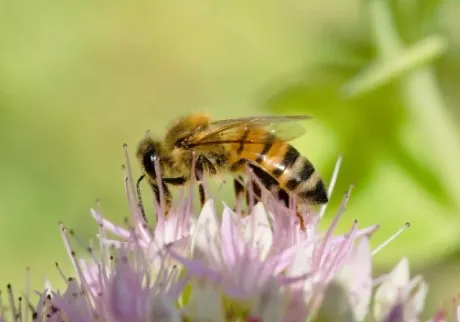
If having a never-ending source of honey, or making honey money through selling your liquid gold, are the main driving factors, it might benefit you to reassess whether beekeeping is really for you. Honey is really only a happy by-product of a fairly complex hands on hobby.
The biggest motivation amongst successful beekeepers is a pure fascination for bees, and a drive to contribute to their survival.
Bees are complex and it takes time to get a grasp how their world works, and how you can best support them. Understandably, this takes time to learn, as you are not just learning about the biology of bees, but also about the many specialised tools and equipment that is needed.
The art of beekeeping demands dedication, resilience, and frequently, a significant initial investment of both time and finances
Research, research, research!
Beekeeping is a skill that requires knowledge and ongoing learning. Although you don't need to master everything before starting, the more knowledge you acquire, the better equipped and empowered you will be, increasing the likelihood of managing a successful hive with less stress.
What are the local and state requirements?
As with any new venture, unfortunately it is the “boring” stuff that needs to be addressed first.
Not many Australians would be aware that there are legal requirements surrounding beekeeping that must be adhered to. It’s highly recommended that you investigate these before investing too much, excitement or money, into starting your hive.
Make sure to check your local council regulations as you may need approval to keep animals other than dogs and cats on your property.
There may also be some guidelines surrounding the location of your hive in relation to fences or neighbor's dwellings. A simple google search should set you on the path to find out what your local council requirements are.
You will also need to check your state government registration requirements as all beehives must be registered. Registering your hive provides important information that is vital in maintaining current biosecurity measures. These measures help prevent biosecurity hazards such as the spread of varroa mite or other pests and diseases.
Check your state government requirements carefully as there may be additional actions you are required to perform, such as obtaining a permit before relocating your bees.
Which bee species is best for you?

In Australia, we have a few options when it comes to choosing which species of bee to keep.
There is of course, the European Honeybee, which is the iconic bee that typically comes to mind when we imagine beekeeping. European honeybees make up the vast majority of commercially managed hives as they produce a large amount of honey.
Fortunately, in Australia, we have the privilege of choosing to keep native stingless bees as an alternative option for beekeeping. Substantially smaller than European honeybees, native stingless bees produce less honey and will thrive best in more northern, warmer parts of Australia.
The benefits however, are that native bees do not sting and do not need to be registered. So, if contributing to a healthy ecosystem of native pollinators is more important to you than honey production, consider keeping native bees.
What’s the best time of year to start?
Understanding the seasonal behaviours of bees makes it easier to determine the best time of year to start your hive.
Bees forage for nectar, build honey supplies and increase their population in spring and summer, and they begin to slow down and focus on topping up food supplies during autumn. Winter is when they mostly stay inside the hive and live off the stored honey.
Armed with this understanding, early spring emerges as the optimal time to commence your hive. In this season of blossoming flowers and warmer days, starting early in spring provides ample time for your bees to acclimate, establish their colony, and accumulate a substantial honey supply, essential for surviving the winter months.
This also means that autumn and winter are the ideal times to purchase your equipment and learn as much as possible, so that you're thoroughly prepared to welcome your bees in the coming spring.
Location is everything
Choosing the best location for your hive is a critical step in the preparation process. This decision ensures more favourable conditions for your bees to thrive while adhering to specific requirements or restrictions set by your local government.
Before acquiring your bees, it's crucial to conduct thorough research. Nevertheless, here are a few pointers to consider:
- Place your hive in a location that receives morning sunlight, as it helps the bees become active earlier and reduces humidity in the hive.
- Ensure the hive is sheltered from strong winds, and provide windbreaks if necessary.
- Bees need a nearby water source, so ensure there's access to clean water, like a pond or birdbath.
- Keep in mind that you'll need to access the hive regularly, so choose a location that is easily accessible.
- Be mindful of neighbours and general public by placing the hive at a safe distance.
Join a club or do a course
There are a plethora of beekeeping clubs and associations around Australia that you can join as an amateur beekeeper. Many of these clubs promote beekeeping as a hobby and offer support to those who are just starting out. While there is a wealth of information at your fingertips online, there is nothing quite like learning from others with firsthand experience.
Many clubs hold regular meetings that include talks from experts on different aspects of beekeeping that you may not have even been previously aware of.
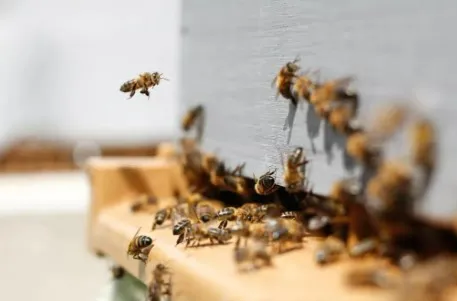
Often times, clubs will also have a library of books and other resources that may not necessarily be available online.
It’s also a great way to meet other locals who share your newfound love of beekeeping and who likely have insider knowledge into localised beekeeping issues in your area.
For those inclined, there are also various courses available for hobbyist beekeepers, providing valuable knowledge and skills in the field. Courses such as Basic Beekeeping Skill Set, or Cert III in Beekeeping from any Registered Training Organisation (RTO) are a good place to start.
Beekeeping is both an art and a science that requires dedication, knowledge, and preparation. By investing time in education and proper preparation, beekeeping quickly transforms into a fulfilling and rewarding adventure, offering numerous rewarding aspects for both humans and bees alike.
Stay tuned for our next article in which we will take a deep dive into the essential equipment required to kickstart your beekeeping journey, further enhancing your preparedness for this fulfilling endeavor.

